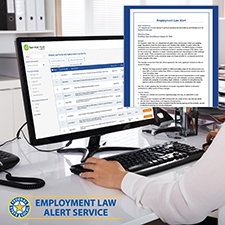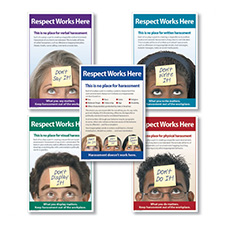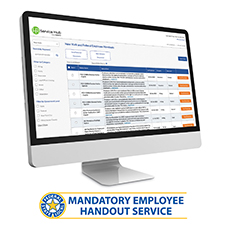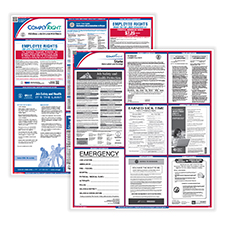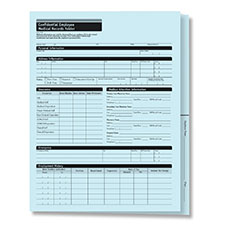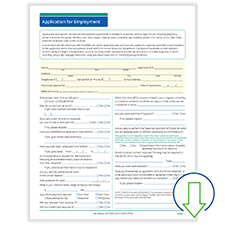
As a conscientious business owner, it can be tough to separate fact from fiction with workplace issues. Let’s bust some of the biggest myths you may encounter – and where you should focus your attention instead:
MYTH 1: Businesses with fewer than 50 employees don’t have to comply with federal laws.
FACT: While small businesses are exempt from certain federal laws (such as FMLA), other federal laws apply to employers regardless of size (such as OSHA, FLSA, and EPPA). For complete legal compliance, you also need to be aware of state and local laws. These laws cover everything from minimum wage and paid medical leave to OSHA and unemployment insurance.
MYTH 2: A resume from each candidate is all you need to make a hiring decision.
FACT: Resume formats vary from person to person. To collect consistent information from every applicant, you should use a standardized, attorney-approved employment application. Legally compliant applications can be shared online or emailed, eliminating handwritten forms and extending your recruiting reach to more candidates.
MYTH 3: Calling an employee a “manager” or “administrator” makes them exempt and ineligible for overtime
FACT: It’s the employee’s actual job duties, not title, that determine his or her exemption status under the FLSA. Be certain all employees designated as salaried/exempt meet the legal test for exemption. The most common are executive, administrative and professional exemptions (sometimes called “white-collar” exemptions).
MYTH 4: You don’t have to keep forms on file for anyone you don’t hire
FACT: Generally, you should keep resumes and applications of non-hired individuals for two years following the date the position was filled. Otherwise, you shouldn’t hold on to records longer than necessary; shred (or delete) paperwork when it’s appropriate, based on the retention requirements.
MYTH 5: A harassment claim can only be made by the person to whom the conduct was directed
FACT: A harassment complaint doesn’t have to come from the targeted individual – it can be someone else who was affected or offended by the conduct, including witnesses and onlookers. Rank within the workplace doesn’t matter either. Harassment is prohibited whether it’s committed by an employee against another employee, by an employee against a manager or by a manager against a subordinate.
MYTH 6: At-will employment means you can fire an employee for any reason (or no reason)
FACT: While at-will means the employment relationship can be terminated at any time and for any reason, the reason must be legal. This means you can terminate someone due to absenteeism, poor work performance or a bad fit – but not for being Asian, a female, too old, etc. Terminations based on race, color, national origin, religion, age, gender, disability and other legally protected characteristics are prohibited by law and could result in a wrongful termination claim.
Guard Yourself from Misinformation with Expert Guidance
Want to learn more about how to handle legally sensitive matters in the workplace? Check out additional articles from HRdirect for quick, clear direction.






 Shopping cart
Shopping cart